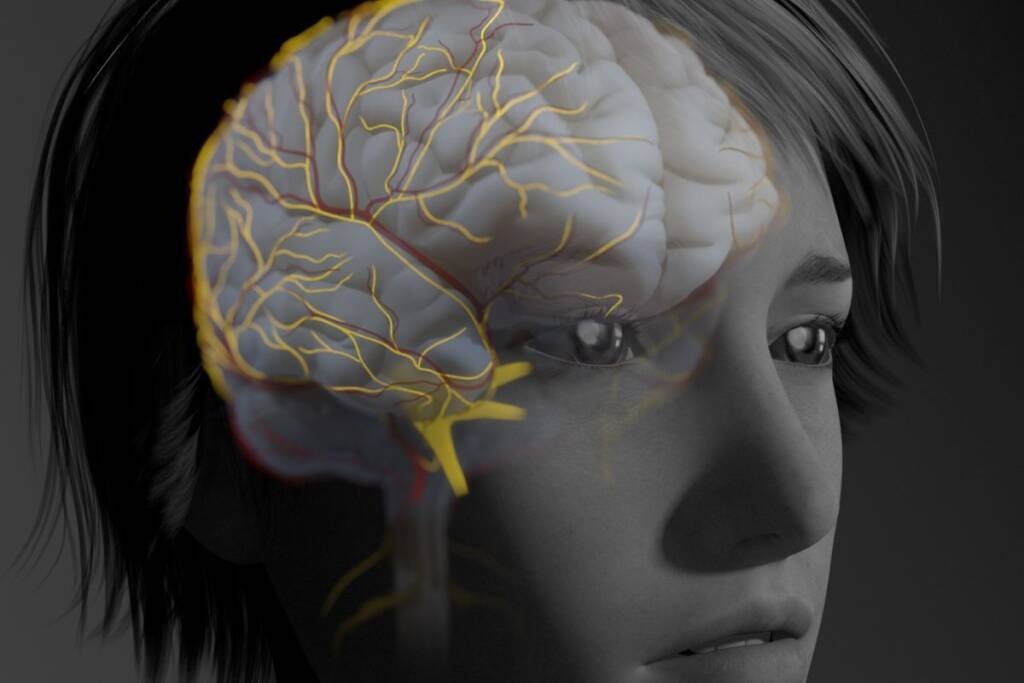Source – AbbVie
AbbVie announced on June 23, 2023, that the Committee for Medicinal Products for Human Use (CHMP) of the European Medicines Agency (EMA) has issued a positive opinion recommending the approval of atogepant for the prevention of migraine in adults who experience four or more migraine days per month. If granted approval, AbbVie will become the sole provider of a once-daily oral treatment belonging to the calcitonin gene-related peptide (CGRP) receptor antagonist (gepant) class, catering to both episodic and chronic migraine patients in the European Union (EU).
Chronic migraine (CM) is characterized by individuals experiencing 15 or more headache days per month, with at least eight of those days being migraine-specific. On the other hand, episodic migraine (EM) refers to individuals with migraines who have fewer than 15 headache days each month. In Europe, migraine has a significant economic impact, costing the economy an estimated €50 billion annually due to reduced productivity and lost workdays.
“Migraine is a complex neurological disease and one of the leading causes of disability worldwide, which is why we continue to advance our science to provide effective treatment options for people living with this debilitating condition. The recent positive CHMP opinion of atogepant brings us closer to providing a new therapy option to those living with migraine in the European Union.”
– Dawn Carlson, vice president, neuroscience development, AbbVie
The positive CHMP opinion regarding atogepant is based on the findings from two pivotal Phase III trials: PROGRESS and ADVANCE. These studies evaluated the effectiveness of a once-daily dose of 60 mg atogepant in adult patients with chronic and episodic migraine, respectively. In both trials, the primary objective was to assess the reduction in mean monthly migraine days (MMDs) over a 12-week treatment period compared to a placebo.
Both PROGRESS and ADVANCE successfully achieved their primary endpoints, demonstrating a statistically significant reduction in MMDs with atogepant 60 mg once daily compared to the placebo. Furthermore, significant improvements were observed in all secondary endpoints when using atogepant 60 mg once daily.
In the PROGRESS study, the change in MMDs from baseline was -6.8 days for patients receiving atogepant 60 mg once daily, whereas the change was -5.1 days for those on placebo. Similarly, in the ADVANCE study, the change in MMDs from baseline was -4.1 days for the atogepant group and -2.5 days for the placebo grouppp. Throughout both trials, atogepant 60 mg once daily was well-tolerated, and the most commonly reported adverse events were constipation, nausea, and fatigue. Nausea was the most frequent adverse drug reaction leading to discontinuation from the study (0.4%).
Far too many people around the world are impacted by migraine, and the path to treatment can be long and complex. The approval of atogepant would represent a meaningful advancement for the migraine community in the European Union, providing adults with four or more migraine days per month a new prophylactic treatment option that offers the possibility of sustained migraine prevention.”
– Prof. Patricia Pozo-Rosich, MD, PhD, Head of Neurology Section, Vall d’Hebron Hospital and Institute of Research, Spain





























